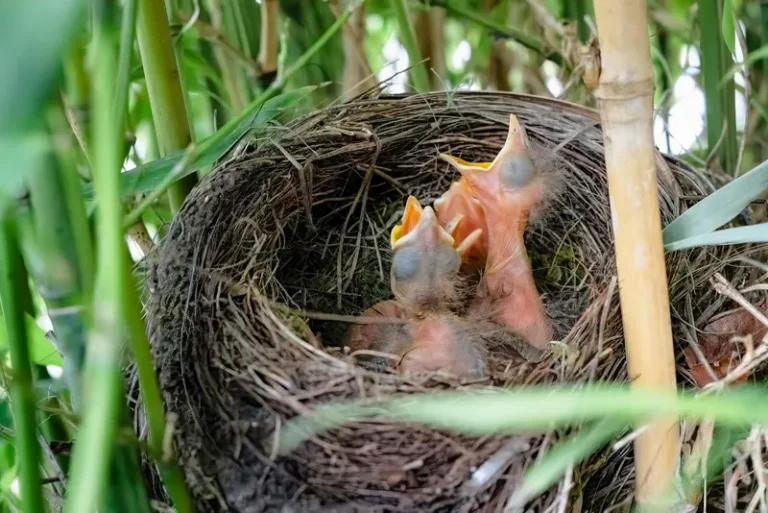
Ecological Succession Outlined
Ecological succession is a fundamental concept in ecology, describing the process by which the structure of a biological community evolves over time.

Ecological succession is a fundamental concept in ecology, describing the process by which the structure of a biological community evolves over time.

Ecology in sociological terms refers to the study of the relationships and interactions between human communities and their environments. It examines how social structures, cultural practices, and human behaviors are influenced by and in turn influence the physical and biological environments in which people live. This article explores the concept of ecology within sociology, its theoretical underpinnings, key research areas, and its practical implications.

Explore the concept of closed societies in sociology, including their features, impacts, and examples. Closed societies are social groups or communities characterized by restricted access, tight social control, isolation, homogeneity, and resistance to change. Discover how closed societies preserve tradition, foster social cohesion, but also have drawbacks such as exclusion and limited perspective. Gain a deeper understanding of the dynamics of closed societies and their impact on individuals and society as a whole.

Learn about communitarianism, a sociological concept that emphasizes the importance of community and collective values in shaping social relationships and individual behavior. Explore the key principles and ideas behind communitarianism, its definition, origins, and critiques. Discover how communitarianism challenges individualistic ideologies and promotes social cohesion and collective responsibility.